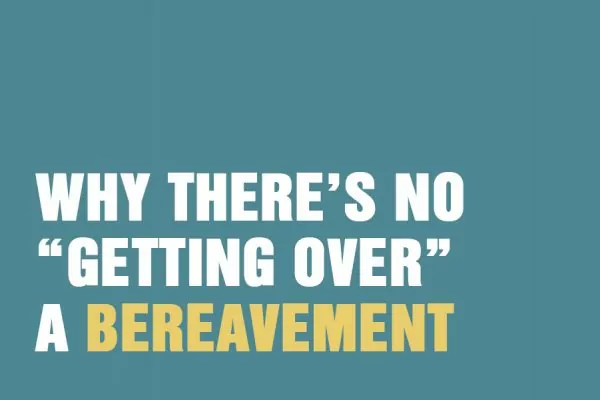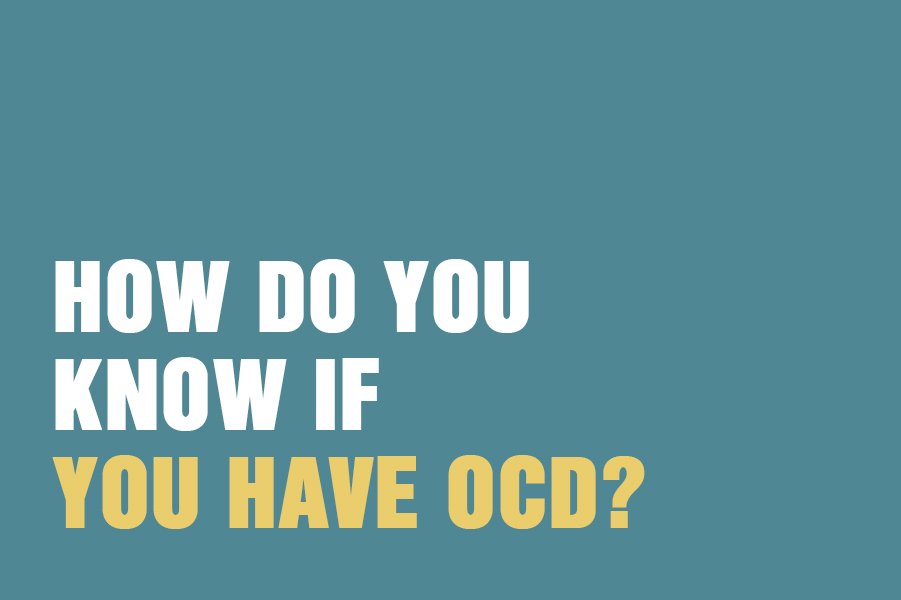Bipolar is the fourth most common mental health problem in the UK – after depression, anxiety and schizophrenia. It affects about one in every 100 people. It used to be called manic-depressive illness, and is characterised by having periods of time in which you go through extremely intense emotions. Most typically this will be periods of depression followed by episodes of mania, during which you might feel extraordinarily happy, ambitious and creative. There is a link between high childhood IQ and bipolar traits in later life.
Our counsellors report that one of the most frequently asked questions in the consulting rooms, particularly by younger clients is: “do you think I am bipolar?”. And rates of bipolar are actually higher in young people between the ages of 16 and 24. Typically, the symptoms will first appear between the late teens and early adulthood, but children can also show signs of bipolar disorder.
What is bipolar disorder and how do you know you have it?
Bipolar disorder affects your mood, and causes strong shifts in energy and activity levels in which you swing from one extreme to the other. If you have bipolar disorder you can switch between extreme excitement and energy, and extreme low mood. These shifts between mania and low mood can be quite severe and affect your ability to work and go about your daily activities.
Short-term memory is frequently affected during a depressed phase, and your ability to focus and ‘think straight’ will be undermined. Instead of being able to think something through logically, your thoughts will go endlessly round and round without reaching any conclusions. This means that you can find it very hard to come to a decision and this can cause difficulties in your relationships, both at home and at work.
The first symptoms to emerge are behavioural changes including:
- restlessness
- being hyperactive
- insomnia
- tiredness
- difficulty in staying focused on things
- irritability
- extreme self-confidence
- impulsivity
- depression
- suicidal thoughts
But people diagnosed have three main types of episodes:
- Manic episodes are times when your energy and activity levels increase. During a manic episode you will feel extremely happy or elated.
- Hypomanic episodes are very similar to manic episodes, but they are not as intense.
- Depressive episodes are times when you feel severely depressed and lose interest in activities that you used to enjoy.
It is quite common to also experience psychotic symptoms — such as hallucinations or delusions — during a manic or depressive episode, which might lead you to think you have schizophrenia. But to be given the diagnosis of bipolar disorder, you have to have had at least one episode of depression, which could be described as a major depressive episode, and at least one manic or hypomanic episode.
What happens next?
If you are diagnosed with bipolar disorder, your treatment is likely to include your doctor prescribing you medication to help modulate your mood, and psychotherapy. It is a very individual thing, and there might be a time of trial and error while you and your doctor find the best treatment plan for you.
If you do have a talking therapy, your therapist will tell you about what happens during manic, hypomanic and depressive episode and give you techniques on how to manage your swings in mood. Over time, you can learn to improve your relationships with friends and colleagues and to manage your days so that you avoid possible triggers, such as a lack of sleep or stress.
It is really important for you to avoid stress if you suffer from bipolar disorder. This is because a stressful period can trigger a relapse. And it is also a really good idea to pass what you learn about yourself and bipolar on to your family and friends so they know what’s going on and can better support you.
If you feel you need to talk to a qualified professional in a safe, non-judgmental environment, call 020 8673 4545 or email [email protected] and the Front of House team will book an appointment with one of our therapists. We have centres in Clapham and Tooting.








2 Comments. Leave new
I need help coping with bi-polar…….
Thank you for taking the time to read and comment on our blog post. Coping with bipolar is a difficult task and something that can require lots of support from loved ones and professionals. The first step will likely be to contact your GP, who will be able to direct you to the correct support in your local area.